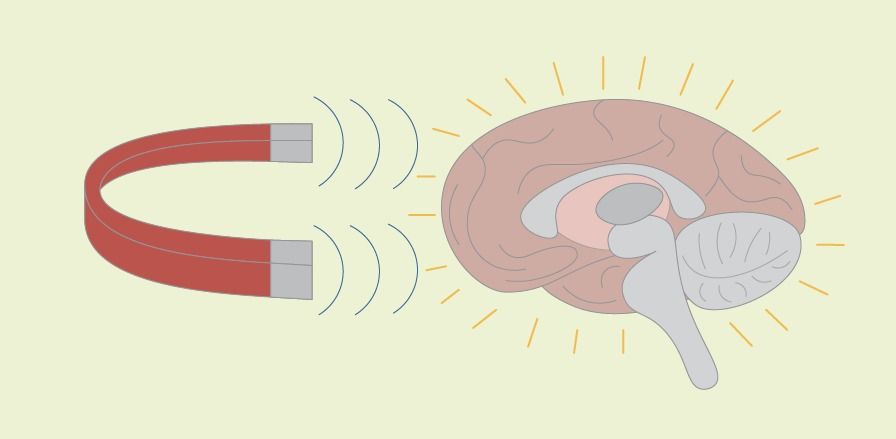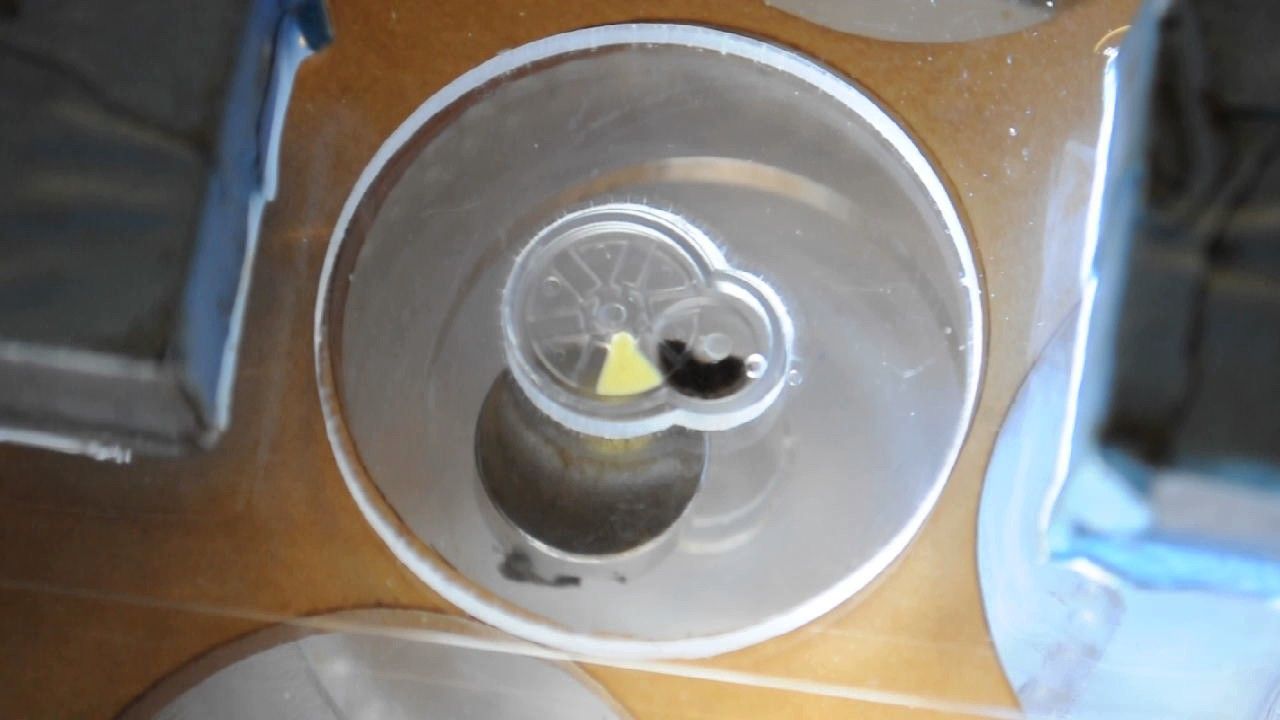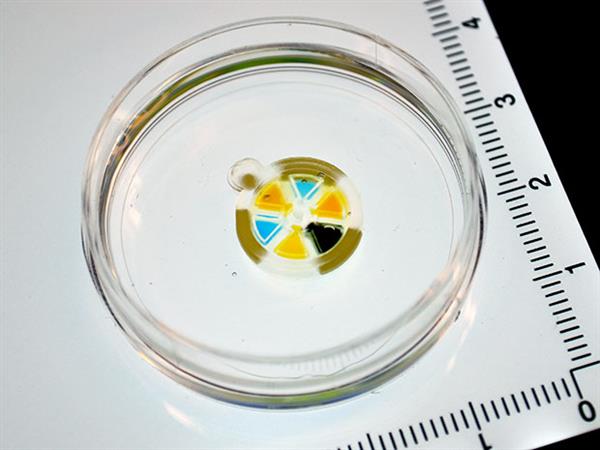
Interesting and I remember coming across similar research a few years ago.
Brain stimulation might sound like some Frankensteinian demonstration from a Victorian science fair. But in reality, it is a contemporary technique making a huge impact in neuroscience by addressing a longstanding limitation of traditional methods for investigating human brain function. Such techniques, like EEG and fMRI, can only be used to infer the effects of a stimulus or task on brain activity, and not vice versa. For example, a scientist might use EEG to study the effect of a task like arm movement on brain activity, but how can one study the effect of brain activity on arm movement?
Today, noninvasive brain stimulation techniques such as transcranial magnetic stimulation (TMS) are offering alternatives to old paradigms. TMS can excite or suppress underlying brain tissue safely and ethically, allowing researchers to study causal relationships between brain circuits and behavior. What’s more, TMS may have therapeutic value in treating brain disorders such as depression.
Continue reading “Stimulating Neural Circuits with Magnetism” »


















